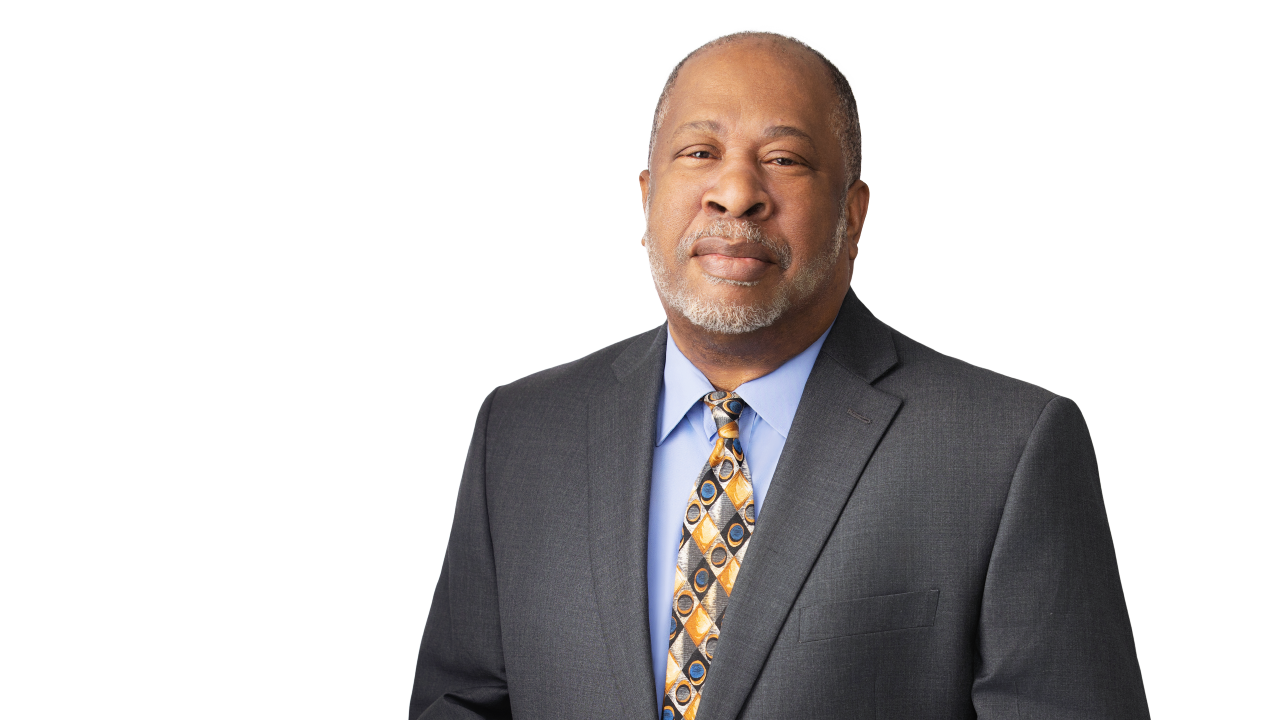Medicare Telehealth COVID-19 Waivers Expand Opportunities to Provide Telehealth Services to Medicare Beneficiaries
Healthcare Alert | 3 min read
Apr 3, 2020
The Coronavirus Preparedness and Response Supplemental Appropriations Act (the "Act") includes a provision allowing the U.S. Department of Health and Human Services (HHS) to waive certain Medicare telehealth payment requirements during the public health emergency declared by HHS to allow all Medicare beneficiaries to receive telehealth services. The Act also made changes to the allowable locations for telehealth patients, the allowable technology that can be used for telehealth services, and allowable waivers of cost-sharing payments.
Medicare-Eligible Telehealth Service Types Remain the Same
The waivers do not expand the types of telehealth visits that are eligible for Medicare reimbursement. These services are primarily virtual office visits or consultations; virtual check-in; eVisits; remote patient monitoring; and telephone evaluation and management services. This is not limited to COVID-19-related care and may include all types of evaluation and management office visits, mental health counseling, and preventive care.
Medicare-Eligible Telehealth Provider Origination Sites
Under the telehealth waiver, the "eligible originating site" restriction (e.g. facilities and geographic areas) will be waived. Therefore, Medicare beneficiaries will be able to obtain telehealth services in all settings — including any health care facility, federally qualified health center, or provider office site, or at a patient’s home.
Medicare Telehealth Qualified Providers
Qualified providers who are permitted to furnish Medicare telehealth services during the public health emergency include physicians, nurse practitioners, clinical psychologists, licensed social workers, nurse midwives, certified nurse anesthetists, registered dietitians, and nutrition professionals.
Medicare Telehealth Qualified Providers Licensure Requirements
The Centers for Medicare & Medicaid Services has waived the requirement that a physician or other health care professional be licensed in the state "in which they provide services" for purpose of Medicare reimbursement.
Elimination of Previously Established Relationship Requirement
HHS has announced a policy of enforcement discretion for Medicare telehealth services furnished pursuant to the telemedicine waiver under Section 1135(b)(8) of the Act. To the extent the waiver (Section 1135(g)(3)) requires that the patient have a prior established relationship with a particular practitioner, HHS will not conduct audits to ensure that such a prior relationship existed for claims submitted during this public health emergency.
Medicare-Eligible Telehealth Modalities
Under the telehealth waiver, the Secretary of HHS has authorized the use of telephones that have audio and video capabilities for the furnishing of Medicare telehealth services during the COVID-19 public health emergency. Telehealth services must still be provided via an interactive audio and video telecommunication and the patient must be present and participate in the telehealth visit. In addition, effective immediately, the HHS Office for Civil Rights will exercise enforcement discretion and waive penalties for HIPAA violations against health care providers that serve patients in good faith through everyday communications technologies, such as Apple FaceTime, Facebook Messenger Video Chat, Google Hangouts Video, or Skype, during the public health emergency.
Medicare Telehealth Reimbursement Cost-Sharing Waivers
Originating site facility fee claims should include Healthcare Common Procedure Coding System (HCPCS) code "Q3014" and the "Distant Site" (i.e., where the clinician is located) bills the same Current Procedural Terminology/HCPCS code they would if the service were provided in person. Telehealth services will be paid under the Physician Fee Schedule at the same amount as in-person services. Medicare coinsurance and deductibles still apply for these services. However, the HHS Office of Inspector General (OIG) has provided flexibility for health care providers to be permitted to reduce or waive cost-sharing for telehealth visits paid by federal health care programs. The OIG will not subject physicians and other practitioners to the administrative sanctions if the cost-sharing waivers meet both of the following conditions:
- A provider reduces or waives cost-sharing obligations (i.e., coinsurance and deductibles) that a beneficiary may owe for telehealth services furnished consistent with applicable coverage and payment rules.
- The telehealth services are furnished during the public health emergency.
Compliance Best Practices to Enhance Medicare Telehealth Reimbursement
Providers must develop internal compliance policies and procedures and provide staff education and training regarding Medicare telehealth services. In addition, providers must comply with state law telehealth scope-of-practice and patient-consent requirements. Recordkeeping and documentation requirements for a telehealth service are the same as for a face-to-face encounter. The information about the visit, the history, review of systems, consultative notes, or any information used to make a medical decision about the patient should be documented and maintained for the time periods required by applicable laws.
Questions?
Hinshaw has a team of health care law attorneys monitoring Medicare, Medicaid and commercial payor telehealth policies and regulatory responses to COVID-19. Please contact your Hinshaw attorney for any questions and for additional guidance on how other COVID-19 considerations may impact your provision of telehealth services to Medicare beneficiaries. Hinshaw has also has published additional guidance regarding how companies can address other COVID-19-related business and legal issues.
Related People
Related Capabilities
Featured Insights

Event
Mar 3 – 5, 2026
25th Annual Legal Malpractice & Risk Management (LMRM) Conference

Press Release
Feb 13, 2026
Hinshaw Team Wins Appeal in Criminal Indictment of Waukegan City Clerk Janet Kilkelly

Press Release
Feb 10, 2026
Hinshaw Trial Team Secures $0 Defense Verdict in $15 Million Auto Accident Trial

Press Release
Feb 4, 2026
Hinshaw Celebrates 17 Consecutive Years of Being Named an Equality 100 Award Winner

Press Release
Feb 5, 2026
Hinshaw Legal Team Secures Directed Verdict in Florida Equine Fraud Case

Press Release
Feb 2, 2026
Hinshaw Welcomes 16 Attorneys in Seven Offices and Announces Opening of a Cleveland Office

Press Release
Jan 20, 2026
Hinshaw Attorneys Named to the LCLD 2026 Fellowship Class and 2026 Pathfinder Program

Press Release
Jan 15, 2026
Hinshaw Client Secures a Complete Jury Verdict in Fraudulent Misrepresentation Horse Sale Case

Press Release
Jan 6, 2026
Hinshaw Adds Four-Member Consumer Financial Services Team in DC and Florida





